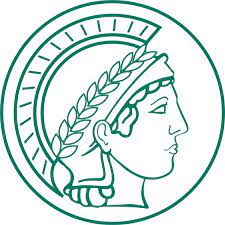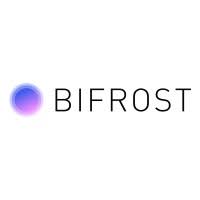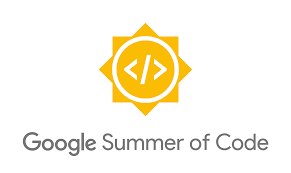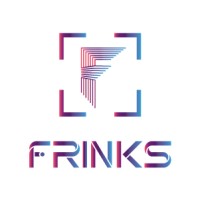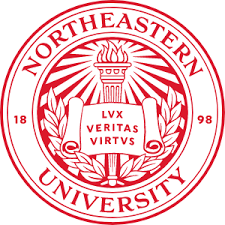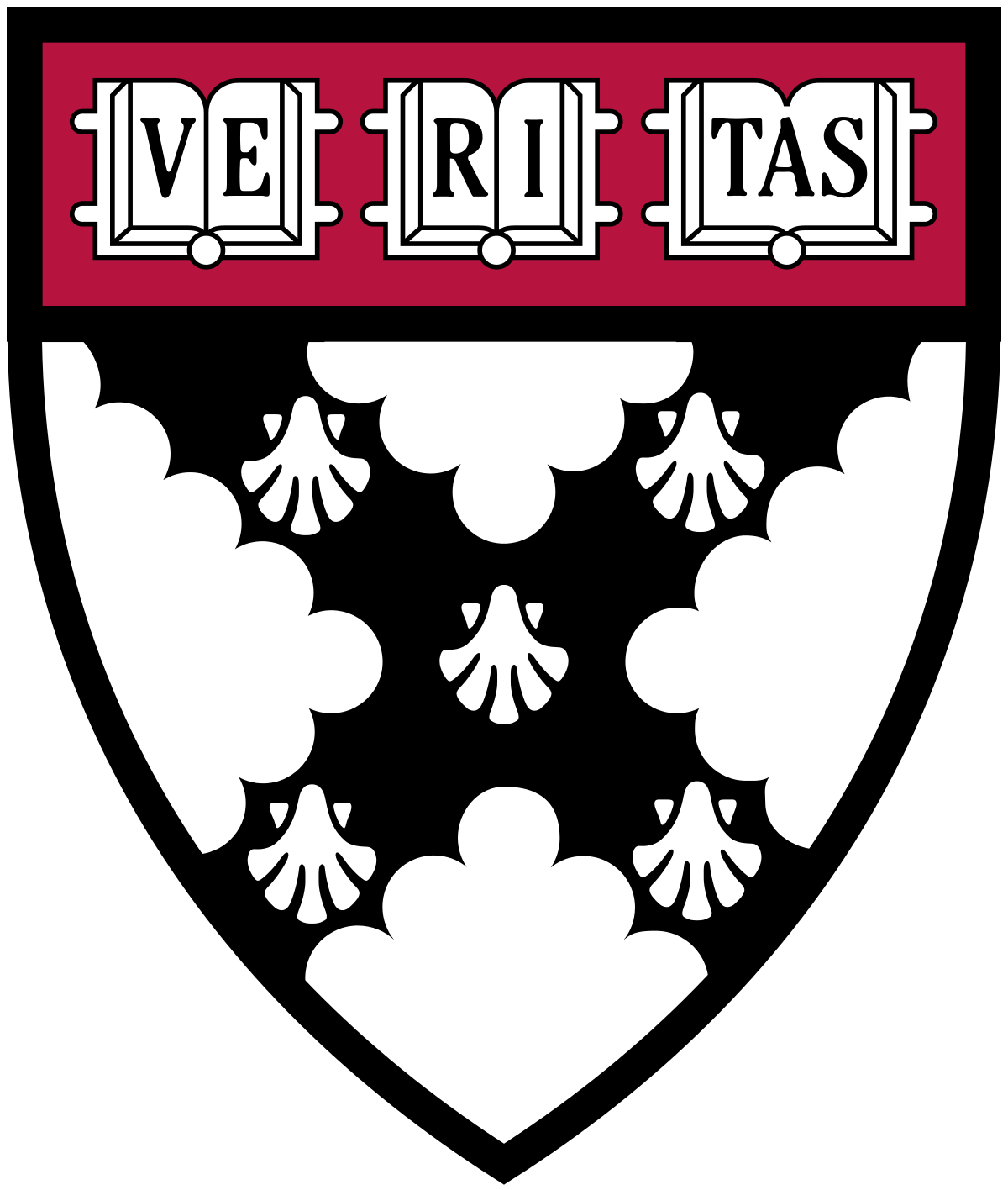|
Neelay Shah
Hello! I am Neelay Shah. I work as a research software engineer at the Max Planck Institute for Intelligent Systems in Tübingen, Germany.
I'm broadly interested in machine learning and am particularly excited by its potential to aid in solving pressing
real-world problems such as climate change among others.
I enjoy making research in machine learning accessible by developing open-source software (check out my work).
Email /
GitHub /
LinkedIn /
Semantic Scholar
/
Twitter
|
|
|
Max Planck Institute for Intelligent Systems
Research Software Engineer
- Developing tooling to facilitate 3D computer vision and machine learning research for human body modelling,
|
|
|
Bifrost
AI Engineer Intern
-
Developed a data slicing library using Python and SQLite which can be used to partition image
datasets based on a set of features, i.e. generate slices of data.
Applications include:
- Data curation
- Creating tests cases for machine learning models
- Identifying patterns in model errors (i.e. identifying error slices)
- Facilitating active learning using iterative training
-
Developed a YAML-based configuration for the company's internal machine learning model training
library to streamline experiments.
-
Set up continuous integration (CI) and created unit tests for the model training library.
|
|
|
Google Summer of Code
Open-source Developer
at International Neuroinformatics Coordinating Facility
-
Developed an open-source Python package for augmenting event-camera datasets to train spiking neural networks for object recognition.
-
Project information can be found here.
|
|
|
Frinks Digital Technologies
AI Developer Intern
-
Developed and deployed real-time (>30 FPS) surveillance and monitoring computer vision solutions for industrial clients.
-
Created end-to-end pipelines for:
-
Worker safety monitoring in manufacturing plants using object detection and multi-headed classification
-
Identification and logging of vehicle movement in industrial facilities using object detection and optical character recognition
|
|
|
Visual Intelligence Lab, Northeastern University
Research and Development Intern
-
Developed an open-source PyTorch library - EzFlow - for
optical flow estimation using neural networks
-
Designed and experimented with transformer-based neural networks for optical flow estimation
|
|
|
Ethical Intelligence Lab, Harvard Business School
Research Affiliate
-
Worked on psychophysics experiments to study human perception of the working of machine learning
models in the context of autonomous driving.
-
Empirically demonstrated the existence of discrepancies in human behaviour when presented with varied visualizations of model functioning.
-
Carried out machine learning experiments to model human visual cognition of social interactions.
|
|
Publications / Posters / Preprints
|
-
Event-based Dataset with Video Augmentation for Scene Understanding
James P. Turner,
Neelay Shah,
Jens E. Pedersen,
Jörg Conradt,
Thomas Nowotny
Poster | Human Brain Project
[Link]
-
An Image Segmentation Based Approach Improves Photoacoustic Tomographic Image Reconstruction
Neelay Shah,
Manish Bhatt
Poster | International Conference on Biomaterials and Biomedical Engineering 2022
-
KD-Lib: A PyTorch library for Knowledge Distillation, Pruning and Quantization
Het Shah,
Avishree Khare,
Neelay Shah,
Khizir Siddiqui
arXiv pre-print |
[arXiv]
[Code]
|
-
Deep Learning Aided Ultrasound Image Reconstruction | Code
-
Developed an image segmentation approach for improving photoacoustic tomographic image reconstruction with an IoU of 0.89
-
Irregularity Prediction in Satellite Navigation Signals | Code
-
Developed a deep learning pipeline to forecast irregularities in the ionosphere which cause fluctuations in
satellite navigation signals which achieved an R2 score of 0.94
-
Benchmarked machine learning models for classifying multi-path interference in satellite signals
-
Estimating Urban Walkability using Machine Learning | Code
-
Developed a machine learning approach to estimate walkability of streets in Indian cities and to identify
factors influencing walkability
-
Achieved an accuracy of 0.68 using a method involving image segmentation and decision tree classification
-
Spiking Neural Networks for Speech Classification | Code
-
Implemented biologically plausible algorithms for speech classification in neuronal network simulation software
-
Real-time Hand Segmentation | Code
-
Trained and benchmarked a variety of segmentation models for real-time hand segmentation in RGB videos
-
Achieved IoUs nearing 0.87 on custom test videos with inference times ranging between 40-70 ms on GPUs
-
Compressed Neural Networks for Network Intrusion Detection | Code
-
Developed compact neural networks using knowledge distillation to detect botnet activities in the Internet of Things (IoT)
-
Trained compressed neural networks with a compression ratio of 2 to achieve similar performance to larger models
-
Unsupervised Anomaly Detection in Chest Radiographs | Code
-
Autoencoders to identify irregularities in chest X-rays and detect potential pneumonia cases
|
PS: If you have some spare time and are interested, please visit and help amplify this website which lets people picture the impacts of climate change. Also, do take a look at these heart-wrenching climate change statistics. Thanks!
Much gratitude to Jon Barron for the
template!
|
|
